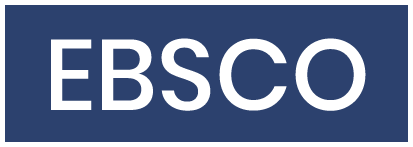Qualifications of Food Science and Technology/Engineering professionals at the entrance in the job market
Abstract
The qualifications of Food Science and Technology/Engineering (FST/E) professionals were examined by a web-based survey conducted in 15 countries (14 EU and Turkey). The analysis of the responses showed that 65% of the respondents had a higher education (HE) degree (BSc 29%, MSc 28%, and PhD 8%), and 20% carried out extracurricular training before entering in the job market. The main fields of study were Food Science and Technology/Engineering, followed by Agriculture, Nutrition and Health, Safety/Hygiene, and Chemical Engineering in all three levels of HE degrees. Differences in the level of degree between genders were not observed, although a higher percentage of female respondents (36% of all female respondents) reported no higher qualification degree, compared to male respondents (33% of all male respondents). On the contrary, female respondents prevailed in extracurricular studies, compared to male ones. Gender, however, was a differentiating factor as far as the field of studies was concerned with female respondents prevailing in Nutrition and Health and male in Agriculture.
A considerable percentage of the respondents acquired either a ΗΕ degree or had extracurricular training while working in the 1st job. Extracurricular training both before entering the job market and during work at the 1st workplace comprised mainly the topics Safety and Hygiene, Management, followed by Sensory Science, FST/E and Nutrition and Health. In addition, Marketing Science/Consumer Behaviour was also one of the main topics of company or other training during work at the 1st workplace.
Keywords
Full Text:
PDFRefbacks
- There are currently no refbacks.










